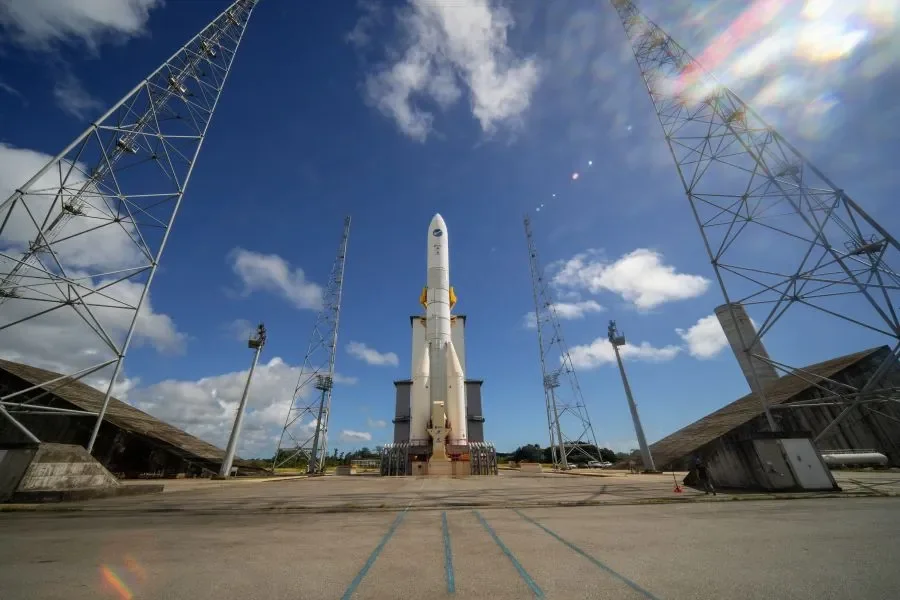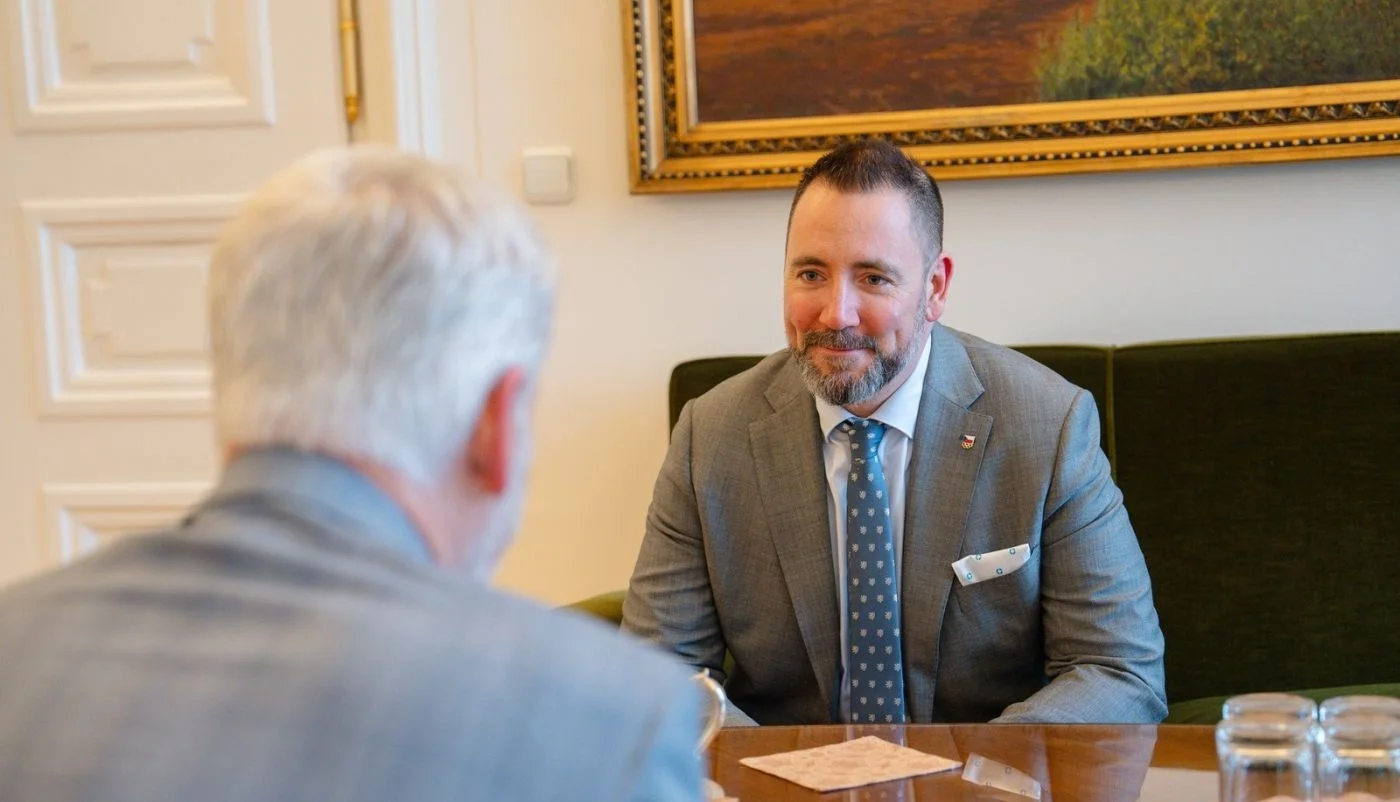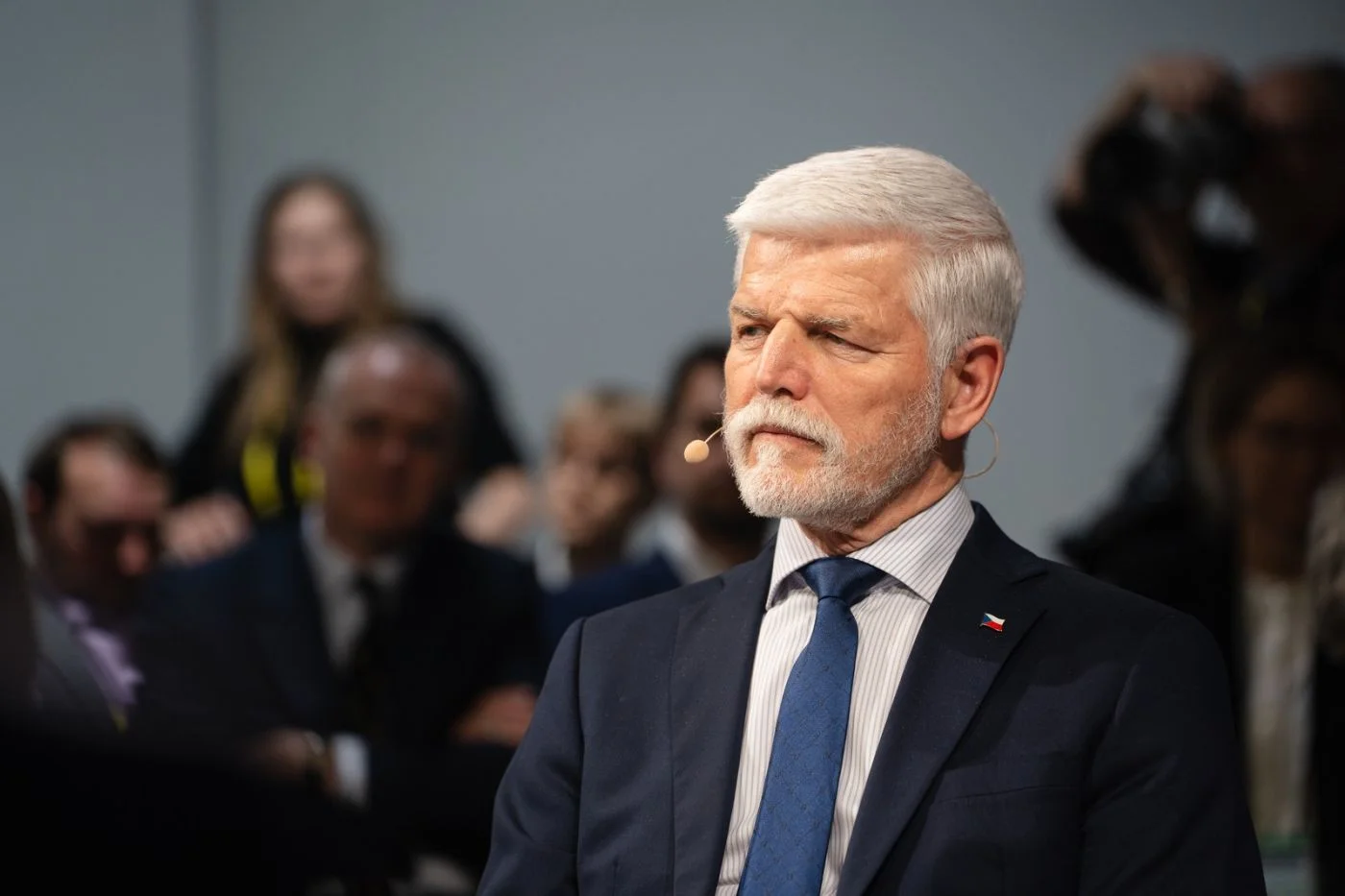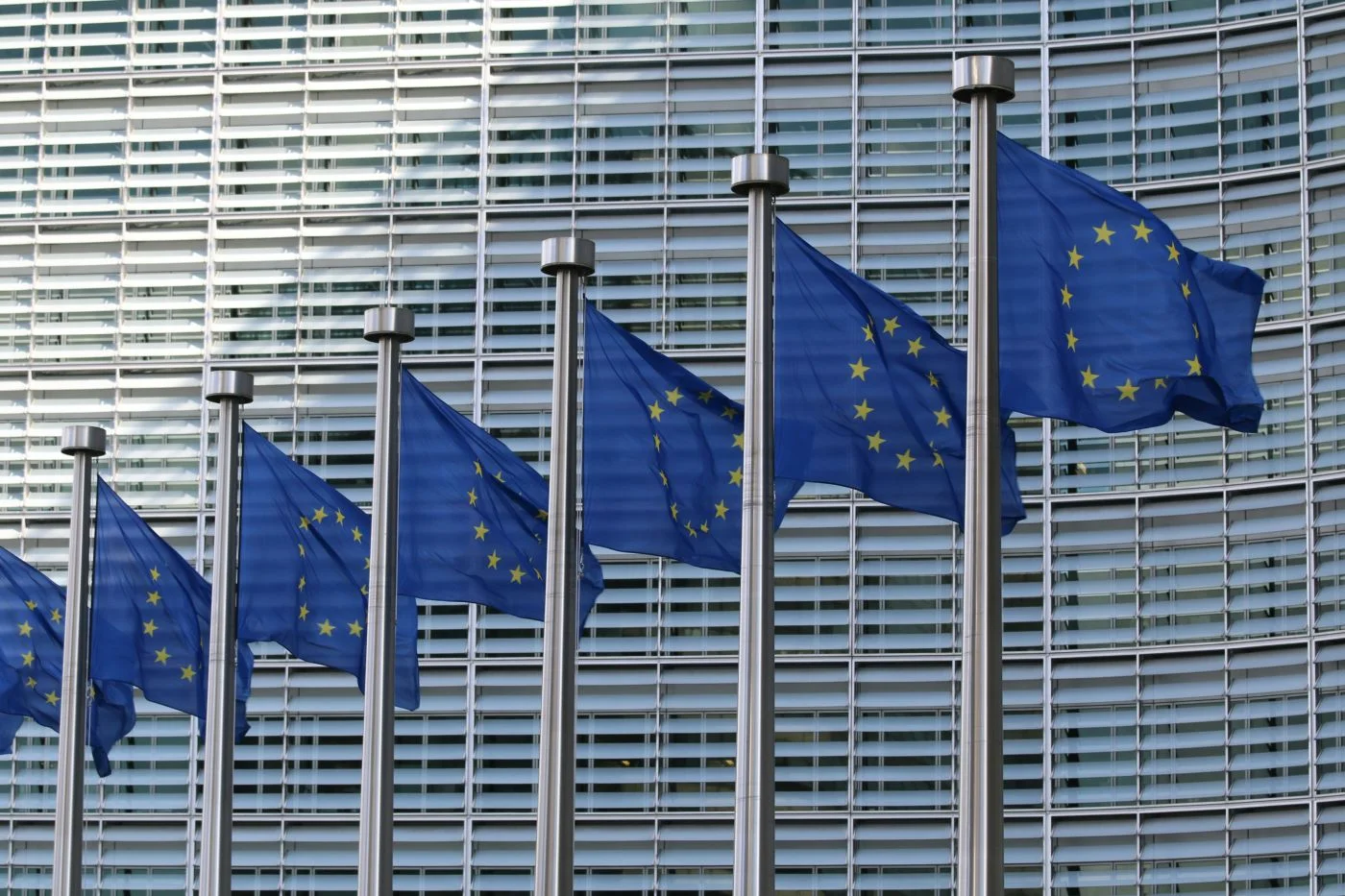
Major Aleš Svoboda: A Czech Astronaut on His Way to the ISS
Czech government authorises mission as a boost for science, industry and education
Foto: Ministerstvo dopravy ČR
For the first time, a Czech astronaut will travel to the International Space Station (ISS). The government views this not merely as a symbolic milestone but as a strategic step forward for science, industry, and education.
The Czech government has authorised the participation of Major Aleš Svoboda in a mission to the ISS. The Cabinet regards his mission not only as an event of exceptional social significance but also as a major impetus for the development of the Czech space industry, science, and education. This mission represents an opportunity to support the transformation of the Czech economy towards innovation and high value-added products, while also inspiring younger generations to pursue studies in engineering and the natural sciences.
“The mission of Czech astronaut Major Aleš Svoboda is not merely a symbolic gesture. It is a concrete step towards strengthening Czech industry and science. Every crown invested in the space programme will be returned many times over through innovation, new technologies, and inspiration for the younger generation. This is an extraordinary moment with a profound impact on the further development of our economy and society,” said Transport Minister Martin Kupka, who is responsible for the space programme.
The Ministry of Transport, in cooperation with other ministries, has selected 14 experiments to be carried out as part of Major Svoboda’s mission aboard the ISS. These experiments span a wide range of fields—from research into human physiology and biotechnology to testing new technologies and educational initiatives. For instance, a dosimeter in the form of a wristwatch will enable precise monitoring of exposure to ionising radiation, thereby enhancing astronaut safety. Other experiments will focus on improving life support systems for future spacecraft. Researchers will also study the effects of the space environment—particularly microgravity and radiation—on the human body.
“By participating in groundbreaking experiments and technological projects, we gain valuable expertise and open the door to global markets for the Czech Republic. I am convinced that space activities will benefit not only science and innovation, but the entire domestic industry,” said Minister Kupka.
Investment in the space mission is an investment in the Czech Republic’s future
The Czech mission to the ISS forms part of the wider government initiative Czech Journey to Space, which aims to connect science, industry, and education in order to bolster the Czech Republic’s position in high technology and innovation. Sending a Czech astronaut into space is not only a prestigious achievement, but more importantly, a strategic step in strengthening the nation’s economy, science, and education. The total cost of CZK 2 billion will be spread over three years (2025–2027) and funded through the Czech Republic’s increased contribution to the European Space Agency (ESA).
The investment is expected to yield a substantial return. The average return on space-related investment can be up to eight times higher—meaning that for every crown invested, up to eight crowns may flow back into the economy.
But the mission means much more
“The value of this mission in educating and preparing the younger generation for their future careers is immeasurable. To foster interest in technical disciplines, science, and academic study, we must provide future scientists with opportunities to take part in world-class international research and develop the skills needed to change the world,” said Václav Kobera, Director of the Department of Space Activities and New Technologies at the Ministry of Transport.
International experience clearly shows that space missions can be a powerful source of inspiration for children and young people to pursue science, technology, and related fields. “It is a great honour for me to represent the Czech Republic in the preparations for this historic mission. Spaceflight is not only the fulfilment of a dream but, above all, a responsibility—to support science, inspire the younger generation, and demonstrate what we can achieve when we unite science, industry, and education,” said Major Aleš Svoboda, a member of ESA’s astronaut reserve team.
More from Politics & Education

Babiš government complete: President Pavel appoints Igor Červený as new Environment Minister

Survey: President Pavel Leads Public Trust Rankings in Czech Republic

